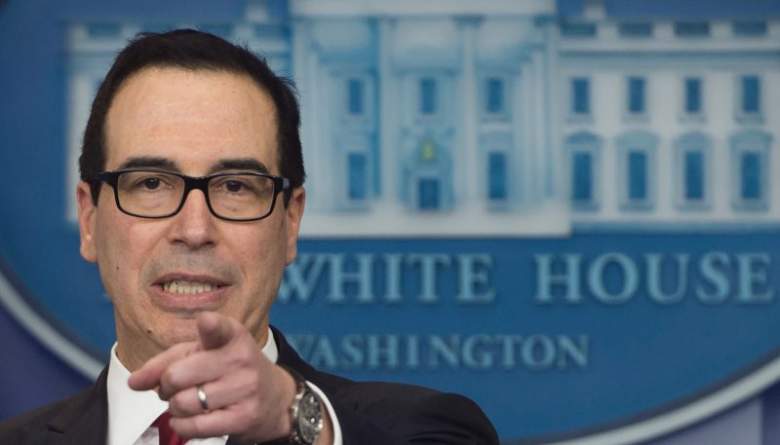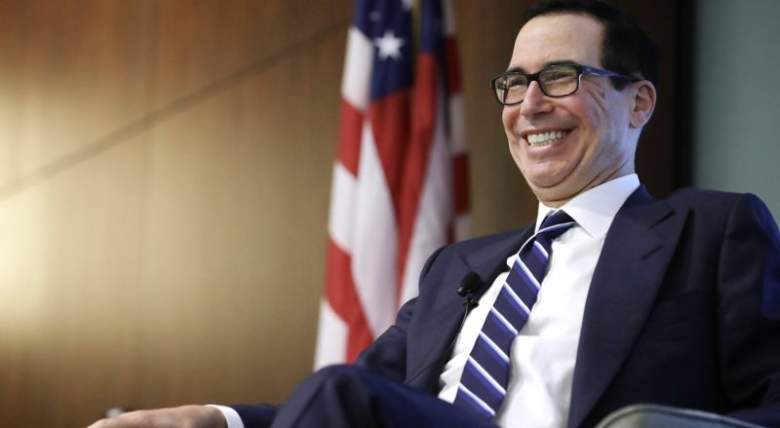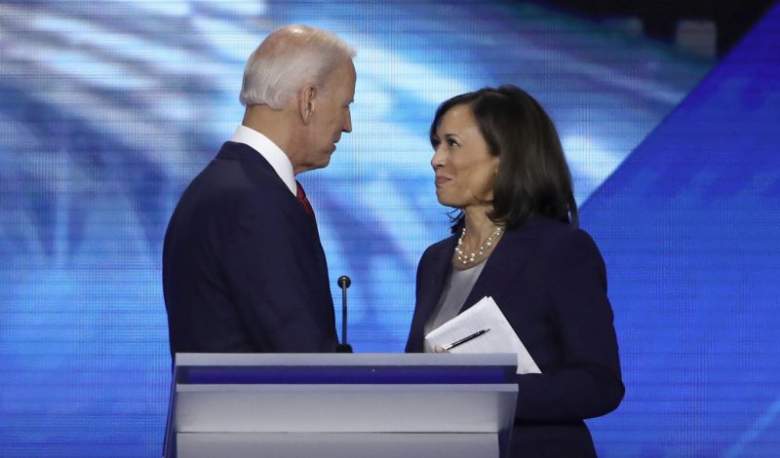
Getty Treasury Secretary Steven Mnuchin.
The Trump administration is pushing for another round of economic payments amid stalled negotiations between Democratic and Republican lawmakers in Congress. On September 2, Treasury Secretary Steven Mnuchin appeared before the Select Subcommittee on the Coronavirus Crisis, a congressional sub-committee. He urged lawmakers to reach a “bipartisan agreement” on stimulus aid and continued to support a second round of payments.
Per CNN, Mnuchin said, “We will continue to work with the Senate and House on a bipartisan basis for a phase four relief package. I believe a bipartisan agreement still should be reached.”
During the hearing, Mnuchin specified a number of provisions that the White House wants to see included in this provision, two of which are extended unemployment benefits and another round of stimulus payments. He described these two provisions as “critical to the economic recovery,” Forbes reported.
Here’s what you need to know:
Mnuchin Calls for a Second Round of Stimulus Payments, as Well as Funding for Vaccines, Schools, Child Care & More

GettyTreasury Secretary Steven Mnuchin.
During the hearing on Tuesday, Mnuchin clarified what the White House was looking for in the next bipartisan agreement on a fourth stimulus package. In addition to a second round of stimulus payments and the extension of unemployment benefits, Mnuchin also encouraged a standalone bill for the Paycheck Protection Program, arguing that this provision could pass on its own immediately.
He said in part, via CNN:
We have over $130 billion left in PPP, which I believe if Congress was willing to take up a stand-alone action to repurpose this money for additional funds, I believe this would pass with overwhelming support in the House and the Senate and I would encourage the House to move forward with that. As it relates to jobs, the area that has overwhelming bipartisan support that I believe would be easiest to pass on a stand-alone basis would be the PPP.
Stimulus Payments May Not Come Until After the November Election

GettyDemocratic presidential nominee Joe Biden and running mate Kamala Harris.
If Joe Biden is elected this fall, there’s a greater chance Kamala Harris’ stimulus plan could become a reality in early 2021.
The Monthly Economic Crisis Support Act was introduced by Harris and two other senators in May. It would send $2,000 per month to individuals and $4,000 to married couples who file jointly, along with an additional $2,000 per child, up to three children. Any individual earning under $120,000 would be eligible; the payments would be reduced for income over $100,000 for individuals or $200,000 for married couples. The payments would be phased out by 10% of any amount over these limits.
This act even promises to provide retroactive payment for every month of the pandemic dating back to March. However, this plan has received mixed support from Democrats and virtually no support from Republicans in Congress — which means it could only become law if Democrats who support the approach win enough Congressional seats in the November elections.
It’s possible that Harris’ stimulus plan could pass Congress and become a reality in early 2021, pending a few key factors. First, Biden and Harris would have to win the presidential election in November. Second, the Senate would have to swing toward a Democratic majority; otherwise, it would be virtually impossible to pass such a hefty plan for stimulus checks, given how resistant the current Republican-led Senate is to passing any plan for stimulus checks.
Last, the status of the pandemic several months from now would play a large factor. Support for monthly payments in December or January would be largely impacted by the status of the virus at that time — including factors like whether businesses and schools have been able to re-open and stay open — as well as the status of the country’s economy and unemployment rate. Since Biden and his cabinet would only enter the White House in January 2021 after the inauguration, Americans would likely not expect these payments to start until the end of January at the very earliest.
READ NEXT: WATCH: Joe Biden’s ‘Don’t Jump’ Reaction to Trump Heckler Goes Viral